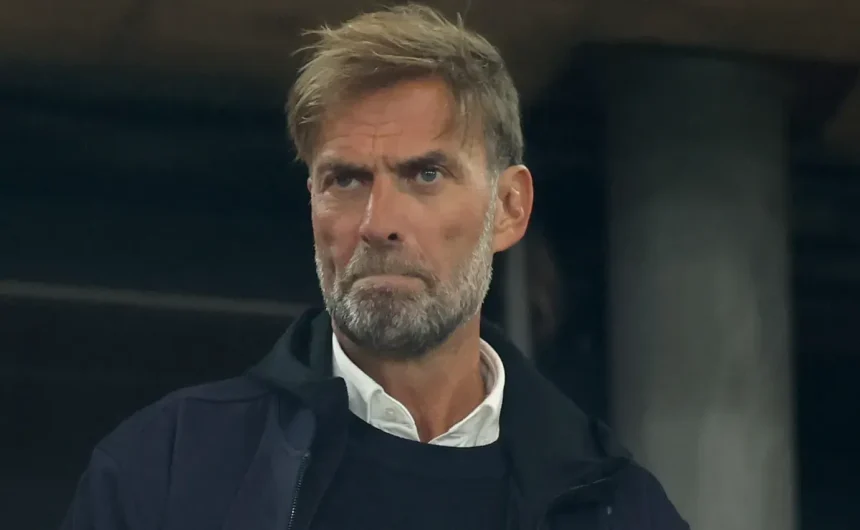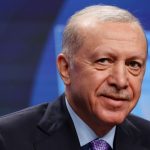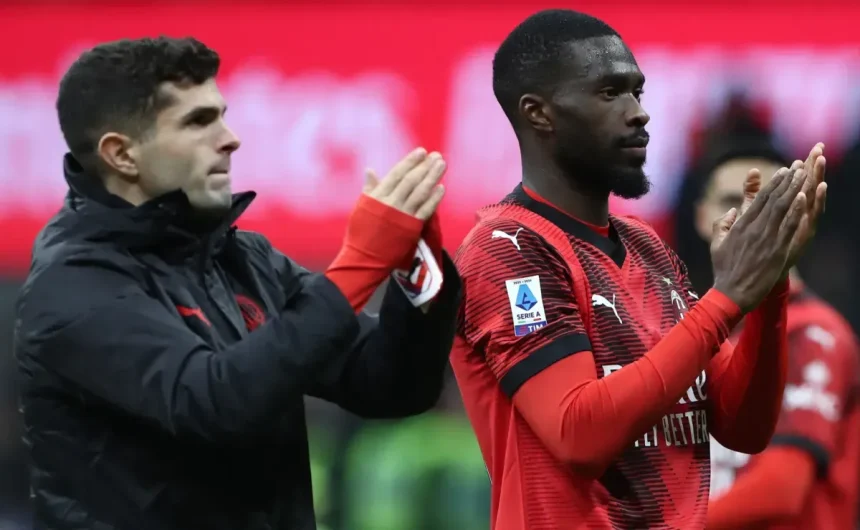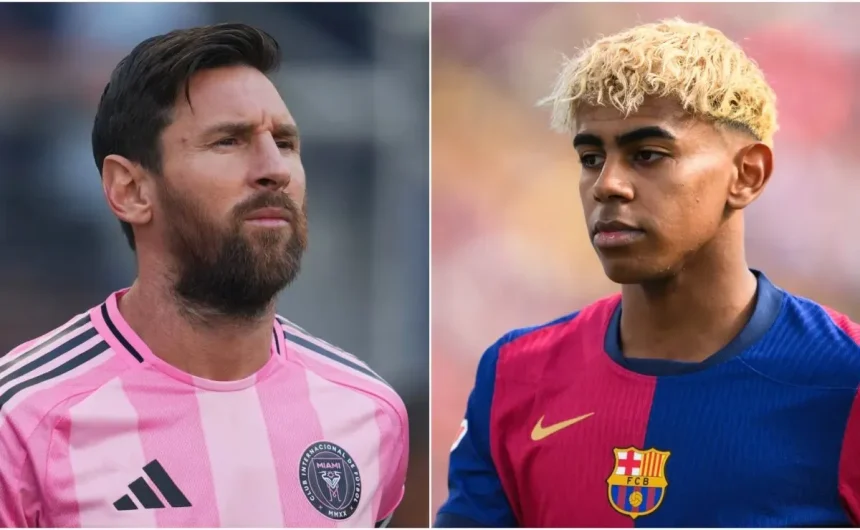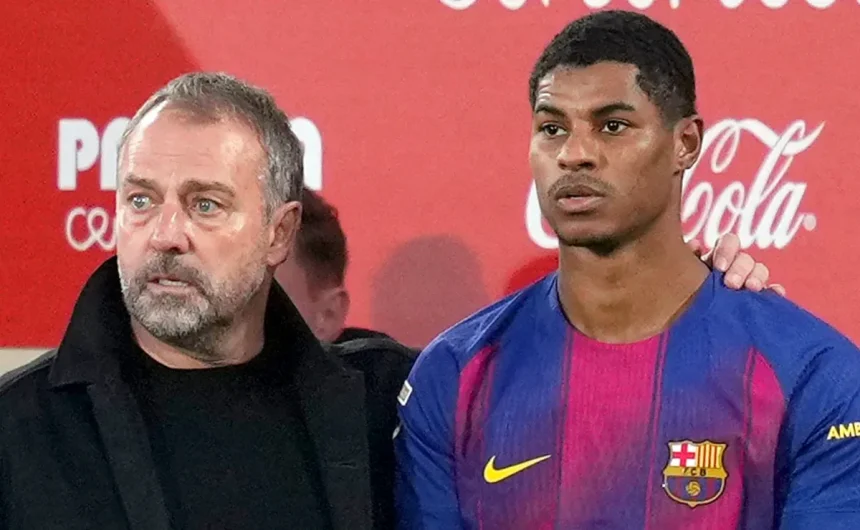Jurgen Klopp arrived at Liverpool in 2015, tasked with reviving the storied English club’s former glory after years of instability. Against the odds, he transformed the Reds by clinching the UEFA Champions League, the Premier League, and other prestigious titles. Interestingly, before his success at Anfield, the German coach had the option to work at Manchester United—an opportunity he declined for a surprising reason.
“(Manchester) United tried (to approach me)… I had a contract at Dortmund and wouldn’t have left for anybody. They wanted a new manager and I was one of a few options I think… There were some things in the conversations that I didn’t like. The idea was that big – ‘we get all the players you want, we get him, and him, and him – and I was sitting there like… yeah, this is not my type of project,” Jurgen Klopp confessed, via The Diary of a CEO podcast.
Despite the allure of coaching Manchester United, Jurgen sought a team where success did not hinge solely on the coach. While others deemed the offer irresistible, Klopp viewed United as lacking a support structure. This decision underscores his belief that while his role is crucial, a solid sporting structure is paramount—a philosophy he exemplified during his tenure at Liverpool.
Not only did Jurgen Klopp reveal his reasons for rejecting Manchester United, but he also critiqued several high-profile transfers he would have avoided. “I didn’t want to bring back (Paul) Pogba, he was a sensational player but these things don’t work usually. Or Cristiano (Ronaldo), we all know he’s the best player, together with (Lionel) Messi, in the world but bringing back never helps,” Klopp said, via The Diary of a CEO podcast.
Jurgen Klopp, Manager of Liverpool, reacts during a game against Manchester United.
Why have Manchester United struggled for so long since Ferguson’s departure?
Since his 1986 arrival at Manchester United, Sir Alex Ferguson transformed the Red Devils into a powerhouse, clinching 13 Premier League titles, two Champions League titles, a European Super Cup, and numerous other trophies. Commanding full control over player signings and team decisions, Ferguson’s authoritative style not only fueled his legendary success but also presented his greatest vulnerability after his departure.

see also
Manchester United handed positive injury update on star Lisandro Martínez after eight months out
When announcing Ferguson’s departure in 2013, Manchester United restructured their management, diluting the authority of the sporting director. Without strong leadership in this key area, multi-millionaire signings like Victor Lindelof, Angel Di Maria, Paul Pogba, and others struggled to succeed. Additionally, each coach imposed their own style, sidelining players and failing to unlock their full potential, all while lacking a cohesive vision for the team’s future.
Manchester United’s financial woes persist, fueled by costly transfer decisions that burdened the club with multi-million dollar investments. These hefty price tags brought immense pressure on new players such as Antony or Romelu Lukaku, which only intensified as the team’s lack of a cohesive game plan stifled their adaptation and integration.
Manchester United’s new era: Sir Jim Ratcliffe moves to end years of bad decisions
Following a string of disappointing seasons, Manchester United welcomed Sir Jim Ratcliffe as a new investor and minority owner, signaling a shift in the club’s future. With Ratcliffe reportedly at the helm of sporting decisions, the club invested $205.5 million in the 2025-26 season, prioritizing promising young talent—a strategy that is beginning to bear fruit.
Despite ongoing criticism of Ratcliffe’s strategy, the Red Devils have boldly pursued a youth-driven roster and a defined playing philosophy. Coach Ruben Amorim, facing early skepticism, has already secured significant wins against powerhouses like Chelsea and Liverpool in his inaugural full season, indicating a solid and forward-looking project. The path to restoring their past dominance is long, but the groundwork is promising and strong.

